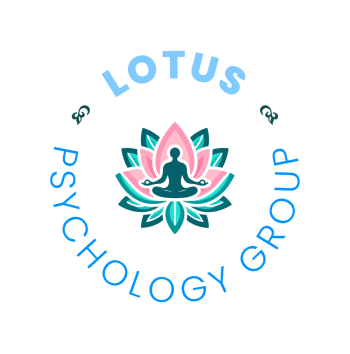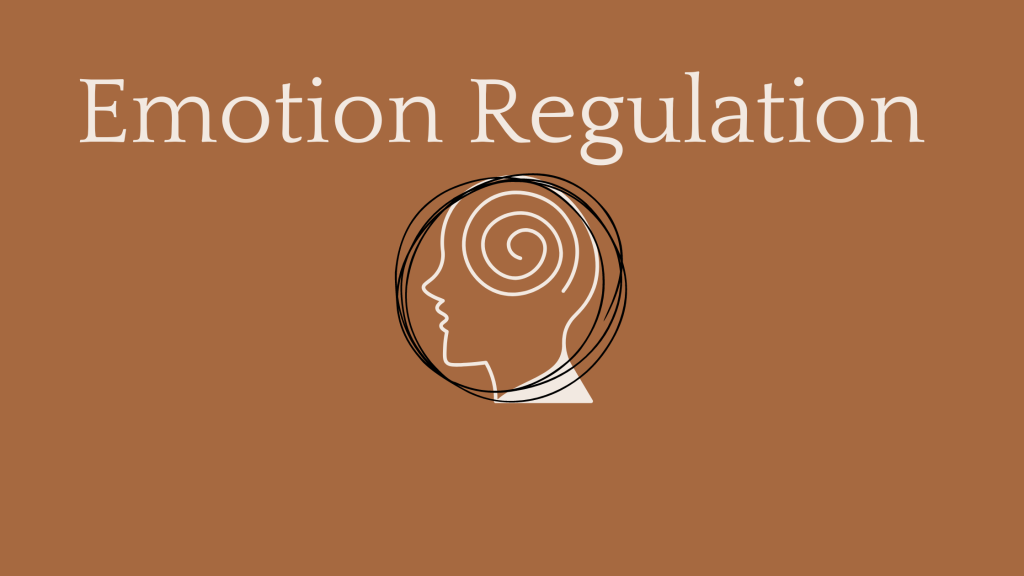There is no such thing as a bad emotion. Take a moment and let that sink in. Every emotion we feel is healthy, natural, and importantly, it’s trying to tell us something. It’s important to listen to our emotions and respond to them in health ways. When emotions become dysregulated, they can be harmful. No one teaches us healthy ways to process our emotions in school, but emotion regulation kills offers the opportunity to learn healthy ways of coping with dysregulated emotions. In this blog, we’ll talk through what emotion regulation is and how it can help.
What Is Emotional Regulation?
Emotional regulation is any action that reduces the intensity of feelings, allowing you to cope with and process these emotions with a greater level of stability. Learning emotional regulation skills is especially important when dysregulated emotions are harmful or impede your ability to function. Additionally, emotion regulation can help you make changes in how you express emotions. For those who struggle with poor anger management or severe symptoms of depression or anxiety, emotion regulation skills increase resilience and stability.
Emotion Regulation Skills You Can Practice Today
A therapist can help you develop emotional regulation skills, but we understand that scheduling therapy can feel a bit daunting when your emotions are overwhelming. For this reason, we’re including a few simple emotion regulation skills you can practice any time to start feeling better:
- Name Your emotion – sometimes intense emotions feel disorienting and it’s difficult to even put a finger on what we’re experiencing. Taking a moment to think about the emotion, name what it is, and consider where it stems from can make it easier to process. Being able to accurately identify emotions also makes it easier to talk about feelings with others.
- Allow yourself space and time – you can’t always know when we’re going to experience an intense emotion, but when you do, allow yourself the space and time to feel it. Repressing or ignoring emotions will often lead to increased intensity.
- Identify emotional triggers – by reducing your exposure to certain triggers, you may be able to more easily reduce the incidence of intense emotions. While avoiding triggers isn’t always possible and it’s not necessarily a good long-term plan, limiting your exposure to certain triggers as you develop emotional regulation skills can be very beneficial.
- Reframe your narrative – the stories we tell ourselves impact the way we feel. If you’re experiencing intense emotions, check in with your internal narrative. Did you invite a few friends over who weren’t able to make it, and now, you feel like everyone hates you? This is an exaggeration, but reframing these types of narratives can make a big difference and alleviate the intensity of emotions. Instead of assuming everyone hates you in the example above, consider that everyone is busy, and plans don’t always pan out.
- Learn positive self-talk – this is similar to the reframing of internal narratives. When you notice you’re thinking negatively about yourself, try to think of something positive to say about yourself. It may sound cheesy, but you can also start reciting regular affirmations to train yourself to engage in positive self-talk more naturally.
- Cling to the positive – most people experience emotions like fear, anger, sadness, and anxiety very intensely, and these emotions tend to linger. I know we said there is no such thing as bad emotions, and we do believe that. However, there are, undoubtedly, some emotions that feel better than others. When you notice yourself experiencing joy or comfort, allow yourself to hold onto those emotions as long or longer than you experience more challenging emotions.
Schedule a Session to Learn More About Emotion Regulation Skills
Ready to get started developing greater emotional regulation skills? The trusted Lotus Psychology Group team is here to support you. Our therapists provide personalized therapy to make every day a little more fulfilling. When you’re ready to get started, call our office at (248) 957-8973, email info@lotuspsychgroup.com, or fill out our scheduling form.

